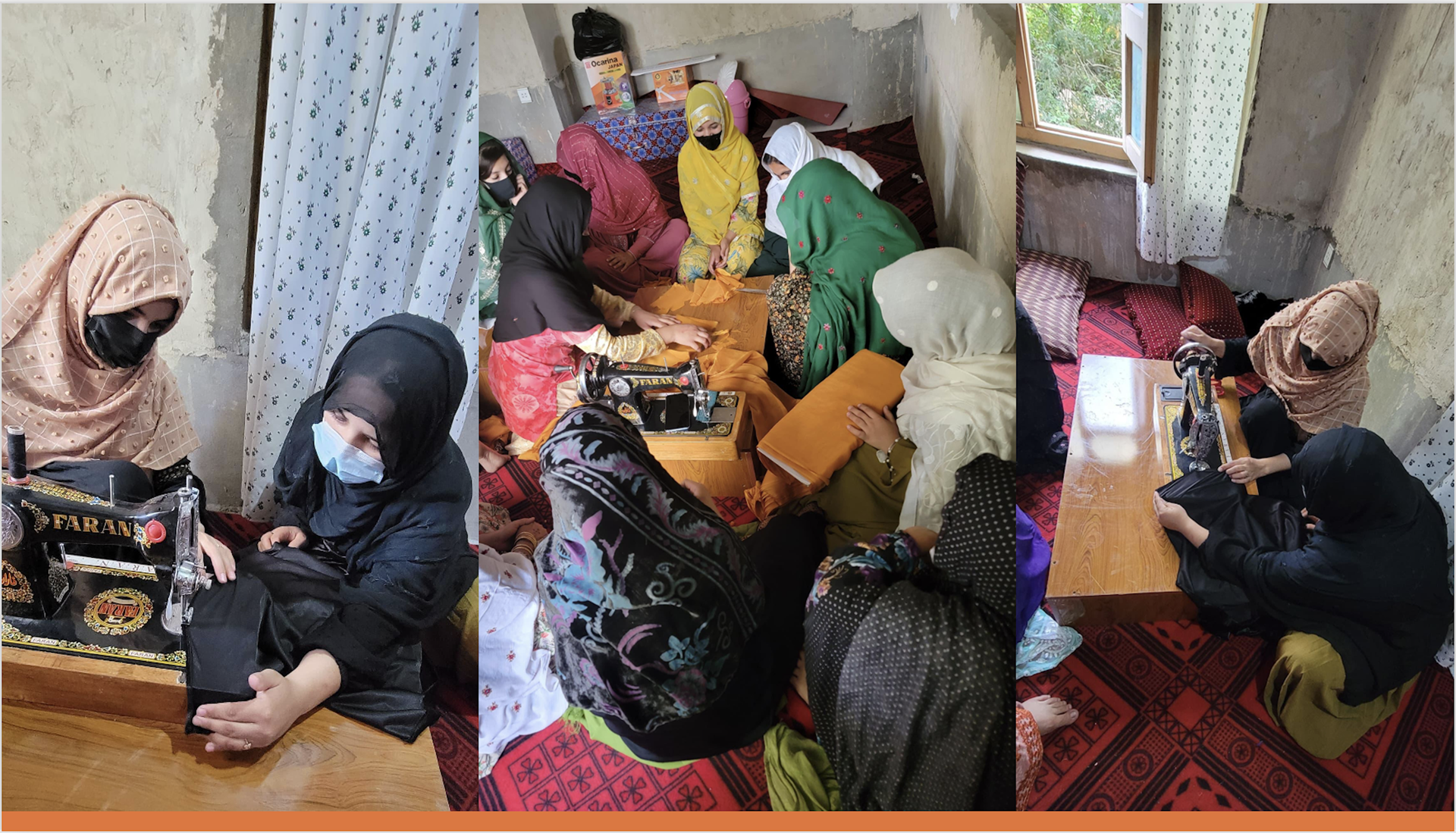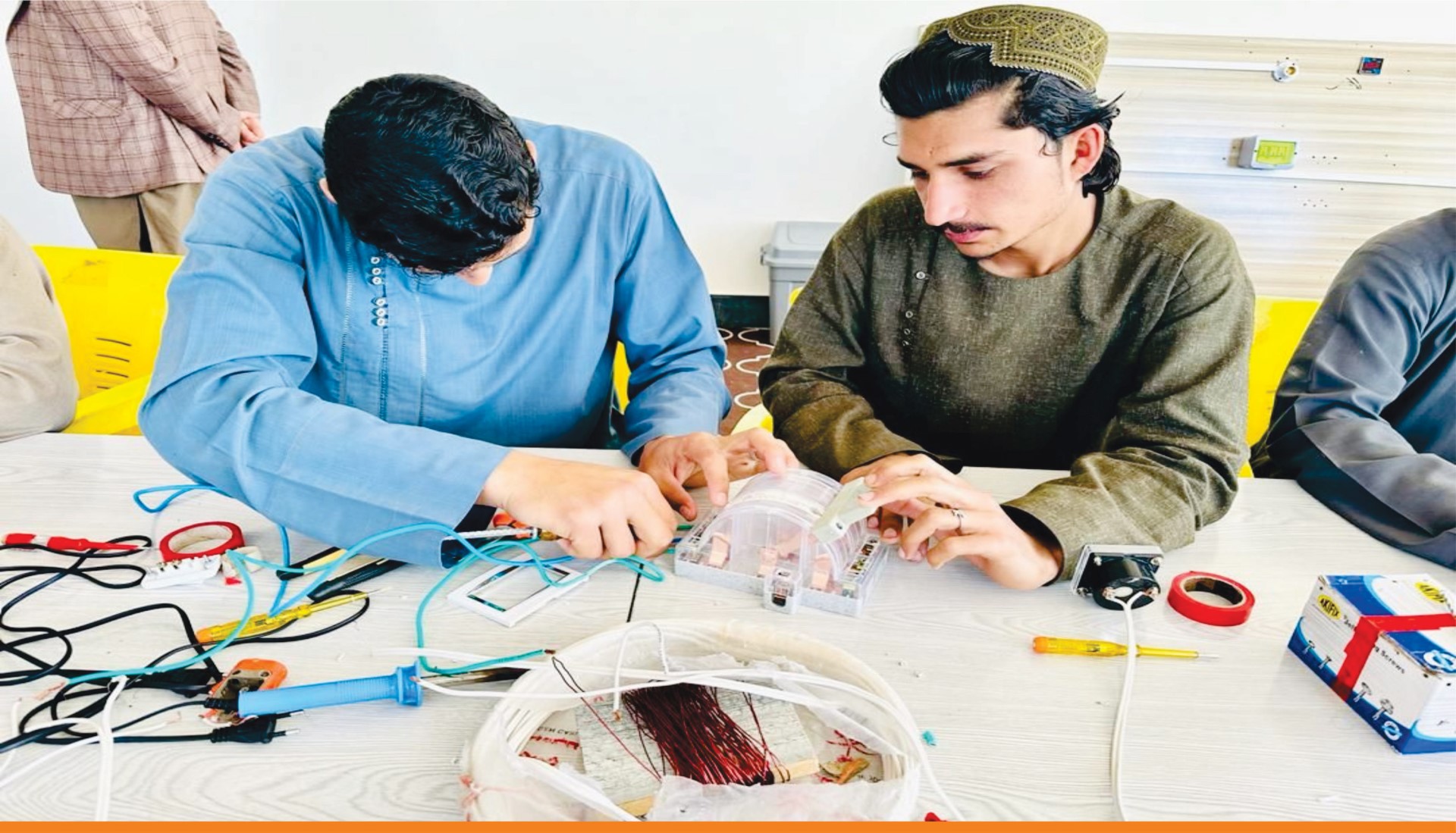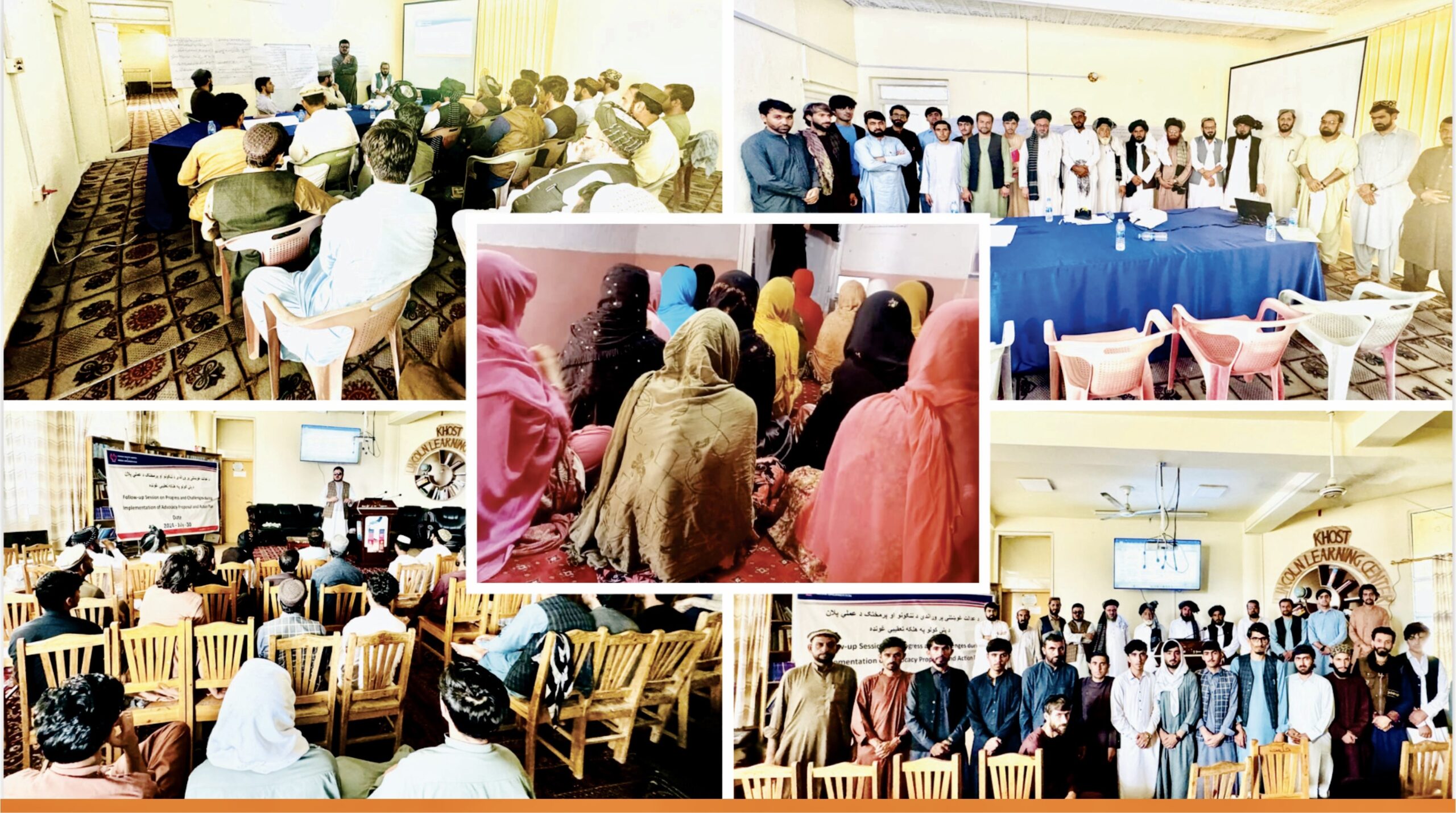
The sustainable development program is the primary focus for HRWMO. Its agenda aims to create job opportunities, provide vocational training, promote sustainable livelihoods, and support small business creation in order to strengthen economic resources. This initiative seeks to empower women, youth, and girls, encouraging their meaningful participation in challenging traditional tribal customs and discriminatory policies that affect their rights and freedoms.
Afghanistan is currently facing a severe humanitarian crisis, with over half of the population in need of assistance. This situation has arisen due to prolonged conflict, economic difficulties, and a rise in natural disasters. Years of fighting have devastated the country’s infrastructure, and economic conditions have worsened since international aid was halted and sanctions were imposed following the Taliban’s takeover.
Natural disasters have intensified the crisis, resulting in significant food shortages and a lack of clean water. In May 2024, heavy seasonal rains caused flash floods across the country, leading to loss of life, displacement, and worsening food security. Civil society organizations are facing major challenges in providing essential support, such as food, water, shelter, and healthcare, due to security risks and other obstacles.
In Afghanistan, an estimated 23.7 million people—more than half of the country’s population—are projected to require humanitarian assistance. To address this urgent situation, there is a pressing need for sustainable development through economic, agricultural, and micro-business initiatives, which HRWMO has identified as its strategic priority.
HRWMO is committed to protecting the rights of women and girls affected by humanitarian crises through sustainable development programs. We prioritize income generation initiatives to mitigate the effects of these crises, enhance transparency in our operations, and focus on delivering sexual and reproductive health services.



